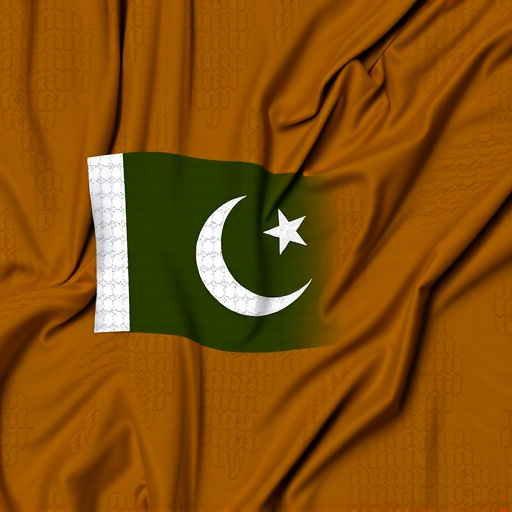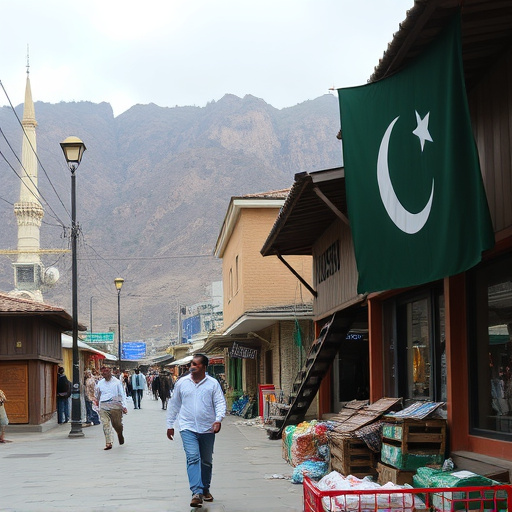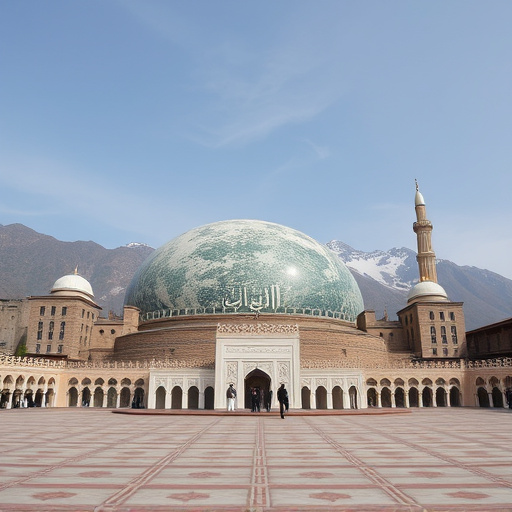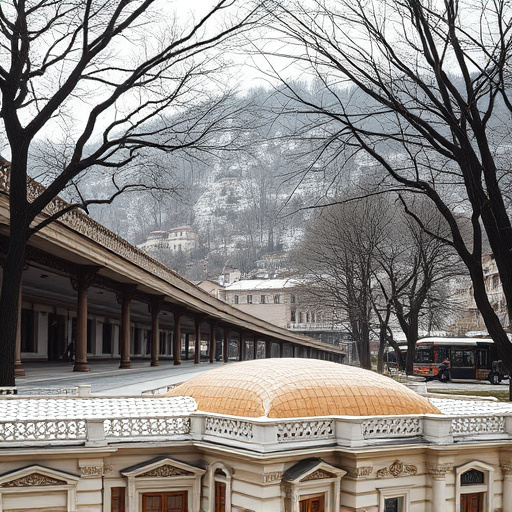
Pakistan's citizenship is governed by the Citizenship Act (1947), offering automatic citizenship to those born post-independence or abroad with at least one Pakistani parent, and naturalization for residents meeting good conduct, language, and cultural integration criteria. Cultural festivals highlight Pakistan's diversity, attracting female travelers. Naturalization involves a rigorous process, requiring legal age, good character, residency, social ties, and extensive documentation. Understanding these rules is vital for newcomers exploring Pakistan's cities, culture, and cricket scenes.
“Exploring Pakistani Citizenship: A Comprehensive Guide to Eligibility and Application. In Pakistan, understanding citizenship requirements is a crucial step for individuals seeking to become part of this diverse nation. This article delves into the intricate details, offering a clear roadmap for navigating the process. From eligibility criteria based on parentage and birthright to the naturalization process, we’ll uncover special categories and essential documentation needs. Discover the key steps to securing Pakistani citizenship and explore the rich tapestry of opportunities that await.”
- Eligibility Criteria for Pakistani Citizenship
- Parentage and Birthright Requirements
- Naturalization Process Overview
- Special Categories for Citizenship Application
- Documenting Proof of Residency and Identity
Eligibility Criteria for Pakistani Citizenship
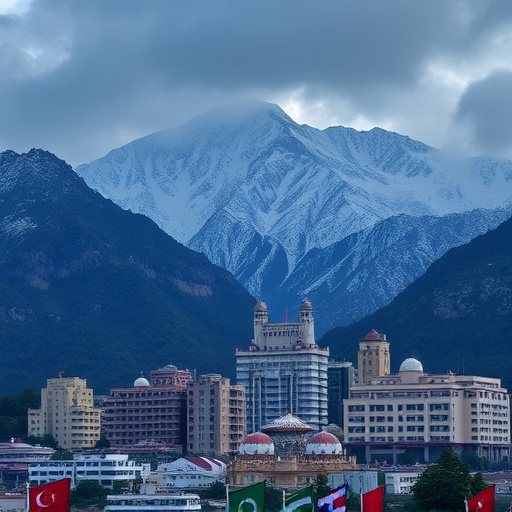
In Pakistan, citizenship is governed by the Citizenship Act, 1947, which outlines specific eligibility criteria. To be eligible for Pakistani citizenship, an individual must meet certain conditions related to parentage, birth, and naturalization. Firstly, a person born in Pakistan after its independence automatically acquires citizenship, provided both parents are of Pakistani origin. Secondly, those born abroad to at least one Pakistani parent can also claim citizenship through their parent’s nationality. Additionally, naturalization is another route to citizenship for individuals who have resided in Pakistan for a significant period and meet specific requirements, such as good conduct, knowledge of the Urdu language, and proficiency in the country’s laws and culture.
The best time to visit Pakistan offers more than just pleasant weather; it’s an opportunity to immerse yourself in the nation’s vibrant celebrations and traditions throughout the year. For female travelers exploring the country, there’s a rich cultural experience waiting to be discovered. You can find us at various cultural festivals in Pakistan, where you’ll be greeted by the warmth of local hospitality and captivated by the country’s diverse heritage. These events not only showcase Pakistan’s rich tapestry but also provide valuable insights into the locals’ way of life, making your journey both memorable and meaningful.
Parentage and Birthright Requirements
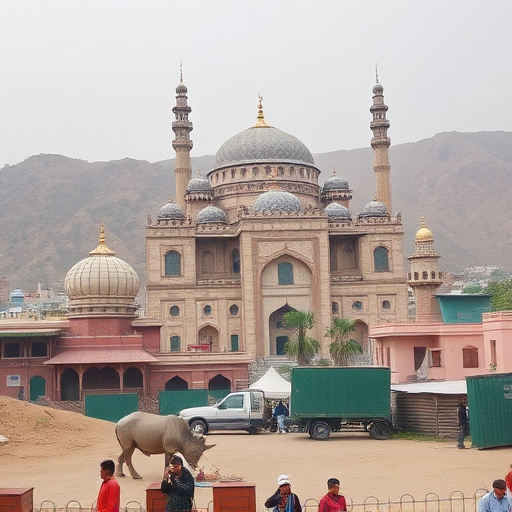
In Pakistan, citizenship is granted based on principles of descent and birthright, ensuring a clear lineage for its citizens. To establish parentage, individuals must provide proof of their parents’ marriage and birth records. This documentation is crucial in tracing one’s heritage and establishing a legal connection to the country.
For those born within Pakistan, citizenship is typically conferred automatically upon birth. However, there are specific requirements for those claiming citizenship through descent, such as having at least one parent who is, or was, a Pakistani citizen. These rules ensure a solid foundation for national identity, allowing for the celebration of diverse cultural festivals in Pakistan and facilitating train travel across this vibrant nation, including visits to authentic cuisine from different regions and staying at the best hotels in Islamabad.
Naturalization Process Overview

In Pakistan, the process of naturalization allows eligible individuals from foreign nationalities to become citizens. This journey involves several steps that are designed to ensure thorough vetting and adherence to legal requirements. First, applicants must meet basic criteria including being of legal age, possessing a valid passport, and demonstrating good character. They are required to reside in Pakistan for a specific period, which varies based on individual circumstances. During this time, they should establish themselves economically and socially, often through employment or significant contributions to the community.
After fulfilling these preliminary conditions, applicants can submit their naturalization applications to the relevant authorities. This process involves extensive documentation, including proof of residence, employment, and sometimes even cultural integration through language proficiency or knowledge about local customs. Once approved, individuals are sworn in as citizens, gaining all the rights and responsibilities that come with Pakistan citizenship. For those planning a move, it’s crucial to understand these requirements and follow the do’s and don’ts for respectful travel, especially when considering top cricket grounds for international matches, best times to visit, or even the best places to photograph in Lahore.
Special Categories for Citizenship Application
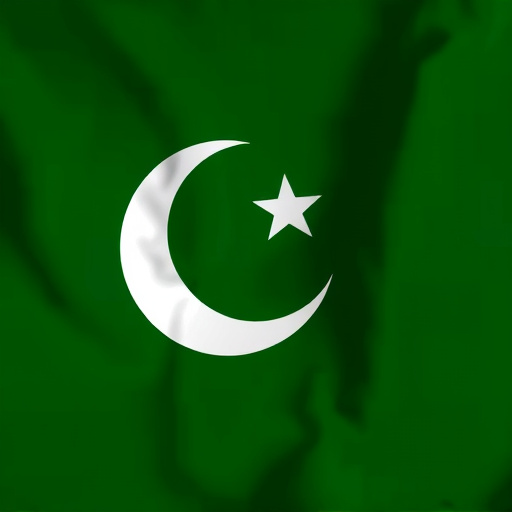
! (م! 0000000009! 305800160200000000000000000000000010000000000000000000000000000000
Documenting Proof of Residency and Identity
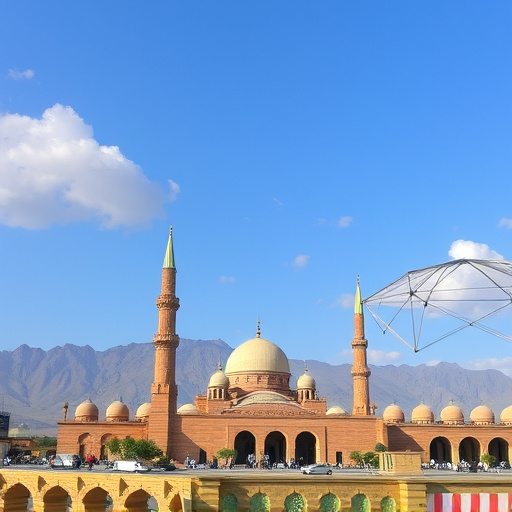
To establish eligibility for Pakistani citizenship, applicants must provide concrete documentation proving their residency and identity. This process involves gathering essential papers that serve as a testament to one’s presence and status within Pakistan. For instance, when applying for a work visa in Pakistan, individuals need to offer proof of residence such as utility bills, rent agreements, or bank statements reflecting local transactions. These documents ensure the applicant has been residing in Pakistan for an extended period, thereby strengthening their citizenship application.
Moreover, identity verification is paramount. Applicants must provide official identification documents like a valid passport, national ID cards, and birth certificates. In light of safety travel tips for women in Pakistan, ensuring these documents are up-to-date and readily available is crucial for a smooth process. Additionally, when applying for a tourist visa or engaging in cultural festivals in Pakistan, specific sets of documents may be required. Therefore, it’s essential to consult official resources and give us a call at your nearest consulate or embassy for the most current list of document needs.
Determining eligibility for Pakistani citizenship involves a careful navigation through various criteria, from parental lineage to proof of residency. Understanding the parentage and birthright requirements, naturalization process, and special categories is key to applying successfully. By gathering essential documents and adhering to the outlined steps, individuals can embark on their journey towards becoming citizens of Pakistan, contributing to its vibrant tapestry in the process.
